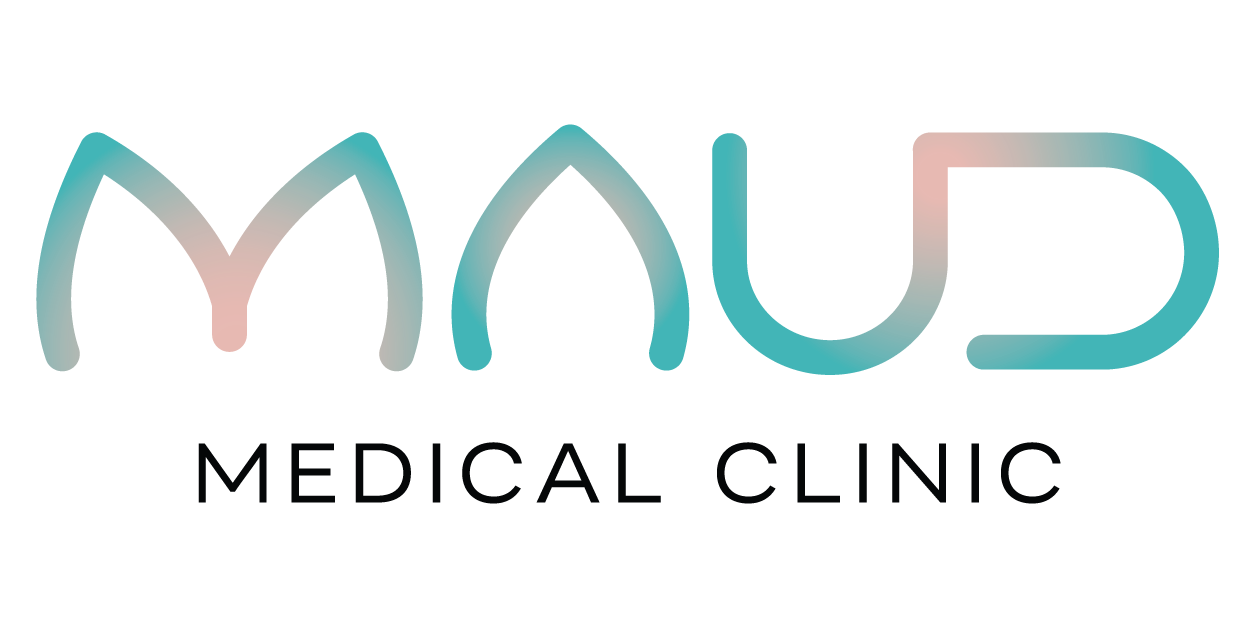Genital Warts
WHAT ARE GENITAL WARTS?
A genital wart is an area of skin that has been infected with the Human Papilloma Virus. This virus infects the superficial layer of the skin and causes the skin cells to rapidly divide and pile up on each other. The resulting bumps are easily identified as warts. They tend to be flesh-colored or white. They may be very small and flat or have a cauliflower-like appearance, as they grow larger. In women, the warts tend to be found in the moist areas of the skin of the vulva and anal region.
WHAT IS THE HUMAN PAPILLOMAVIRUS?
Human papillomavirus (HPV) is a common virus. It is spread by direct skin-to-skin contact. There are over 100 different types of HPV. Each type infects a certain type of skin. Some types cause hand or plantar warts. Other types, such as HPV 6 and 11, infect genital skin. The majority of sexually active adults in North America have been exposed to a least one type of genital HPV virus. Some adults get infected with HPV, carry the HPV virus (subclinical infection), but do not develop any genital warts. One percent of adults will develop genital warts.
HOW DID I GET GENITAL WARTS?
The most likely way of getting the virus is through intimate direct skin-to-skin contact. For example, through activities such as oral, vaginal or anal sex. In general people will develop a wart between 6 weeks to 3 months after getting a HPV infection. Some people however may have a subclinical infection for months to years before developing visible warts. So if you or your sexual partner have had more than 1 sexual partner it is difficult to identify who infected who and when. You cannot get genital warts from inanimate objects like toilet seats, towels, etc
WILL THE WARTS GO AWAY?
Yes. In most healthy adults the warts will disappear over time as the bodies immune system clears the virus from the skin. By 3 months up to 1/3 of people with warts will be clear of their warts.
DO THEY NEED TO BE TREATED?
Genital warts are benign (not cancerous). Most people with genital warts have no physical symptoms. Less commonly you may experience itching, burning or tenderness. There is no medical reason to treat warts, but many people choose to treat the warts because they have physical or psychological symptoms (eg. embarrassment).
WHAT TREATMENT DO YOU RECOMMEND?
The type of treatment recommended usually depends on the size, location and number of warts. All treatments have a high initial success rate – the treated wart disappears. Many treatments destroy the treated wart - but do not get rid of the underlying HPV viral infection. Thus, it is common to develop new warts within 3 months of completing treatment. This is not a treatment failure. (For information about specific treatments see our treatment sheet). The main goal of therapy is to remove the warts that are causing physical symptoms and or emotional distress. Warts that are not externally visible (e.g. are in the vagina) and or asymptomatic do not necessarily need to be treated.
CAN I REDUCE MY RISK OF DEVELOPING NEW WARTS?
Quitting cigarette smoking will help your immune system to clear HPV from your body. Using condoms each time you have sex may also help your body to clear the virus sooner and reduce your risk of getting new genital HPV infections and other sexually transmitted infections. Getting vaccinated against HPV can prevent new infections.
WILL I GET CANCER?
The types of HPV that cause genital warts are benign (non-cancerous). They are very rarely associated with genital cancers. However, at some point you may have also been infected with another HPV virus type that does not cause warts but is associated with pre-cancer and cancerous changes to the cervix. You should participate in a cervical screening program (eg. have pap smears) on a regular basis.
WILL GENITAL WARTS AFFECT MY PREGNANCY?
Your warts may increase in size and number during your pregnancy. You do not need a cesarean section if you have genital warts, unless the warts are so large that they obstruct the birth canal. There is a very small risk of the baby developing warty growths in the throat called laryngeal papillomatosis. This can happen with both vaginal deliveries and cesarean sections. Treatment of warts is often delayed until after you have delivered the baby, because many warts will resolve spontaneously after birth. Not all treatments are safe in pregnancy so be sure to let your doctor know if you are or may be pregnant prior to starting treatment for warts.
SHOULD I GET THE HPV VACCINE?
The HPV vaccines protect against infection from certain types of human papillomavirus (HPV) that cause genital warts and cancers of the anus, cervix, mouth and throat, vagina, and vulva. There are 3 vaccines available and they protect against; 2, 4 or 9 different HPV subtypes. The HPV4 and HPV9 vaccines are recommended for adult women up to 45 years of age. In BC, the HPV4 vaccine is provided free to girls and young women born in 1994 to 2004 who have not received the vaccine. The HPV9 is provided free to all girls in grade 6.

